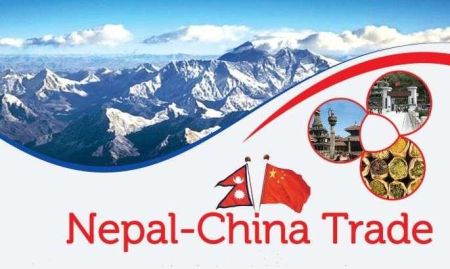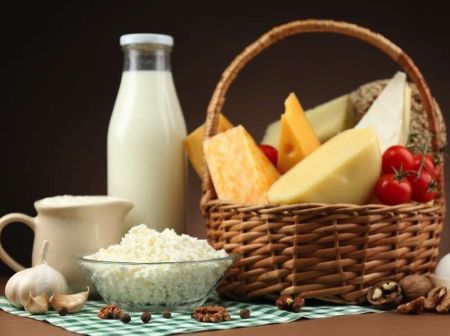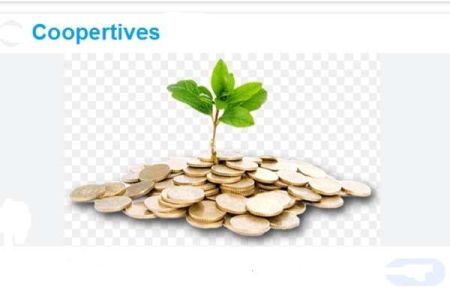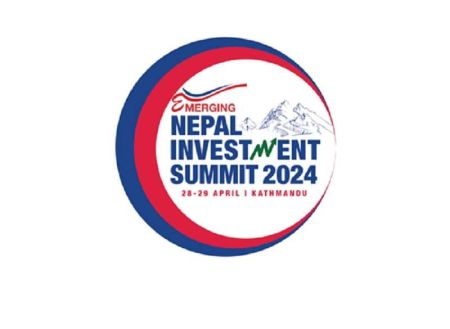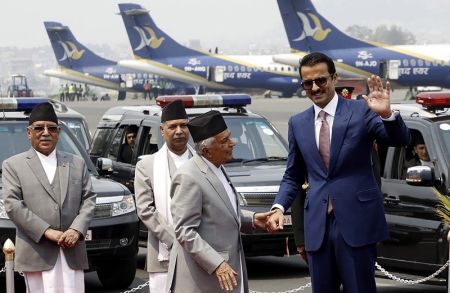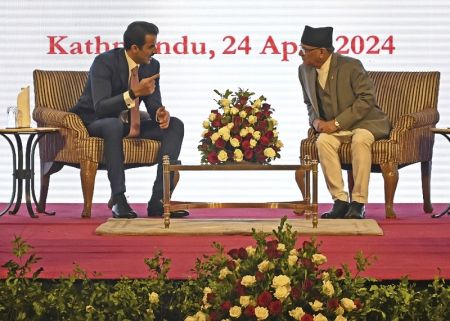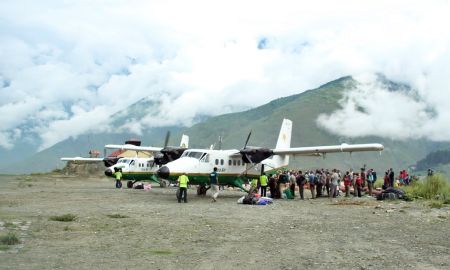--By Gaurav Aryal
.jpg) |
| Fulmaya Tamang |
The Surya Nepal Asha Social Entrepreneurship Award 2013 has provided additional energy and resources to Fulmaya Tamang to elevate social, economic, education and health status of local women. She donated major sum of the Award money to the welfare of women she is working with.
Sole initiatives of Fulmaya Tamang have brought numerous changes in the lives of women belonging to Bhattedanda of Kavrepalanchok. The Bhattedanda Women Farmers Cooperative, established with her initiatives, has given many reasons to these women to be happy.
Sharing her experience Tamang says that a lot of positive changes have been seen in the lives of Bhattendanda’s women since their involvement in the cooperative. Their involvement in commercial agricultural activities such as goat farming, buffalo rearing and vegetables farming have raised their economic status. Income made through these activities has improved their overall living conditions that include improved health and educational status, among others. Tamang says, their active participation in the user groups and in the cooperative has helped a lot in developing their personality and in making them feel confident to express themselves. Along with this, the cooperative has organized a couple of health camps in the village especially for women.
Award as an Inspiration
Tamang was awarded with the Surya Nepal Asha Social Entrepreneurship Award 2013 for her contributions to women empowerment. The Award acknowledged her efforts in inspiring women to actively involve in social and economic activities and assisting them in uplifting their and their community’s social and economic status and in bringing about positive impact on the education of children.
While expressing her happiness for the recognition, she remains grateful to Surya Nepal, Rotary Club, Thamel, along with other organisations and all the individuals who not only encouraged but have always backed her struggle. The award has provided her with additional energy and resources to continue struggle for elevating social, economic, education and health status of local women. Tamang donated major sum of the Award money to the welfare of women she is working with. Out of the Rs 75,000 prize money, she used Rs 60,000 to buy goats for 12 women members of the cooperative. The goats were distributed to these women on June 14 amid a special program, which also cleaned communal places. Of the remaining, she donated Rs 10,000 to a local monastery and said that she had used Rs 5,000 to celebrate her selection for the Award. Acknowledging her initiative, the WhiteHouse International College has announced to support her project by providing five additional goats.
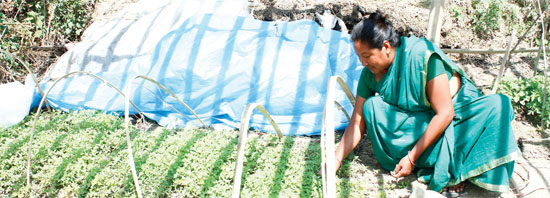
Early Struggle
Despite lacking formal education and belonging to a poor family, Tamang was aware and not satisfied with the submissive life women were leading in her locality. To add to the woes, women were illiterate and lagging behind. A television programme presented a case study of women group that was involved in vegetable farming. She was inspired by the way the women in the group helped each other to address farming and in personal needs. She wanted to form a similar group in her village, but did not know how. “I had no idea about group and cooperative. It was totally a new concept for the villagers and me as well. It was never practiced here.” But she did not keep quiet, she could clearly visualize the benefits for all the village women from such an idea. She shared this idea with an official working at the local integrated farm. But he was also not confident about the formation and functionality of such groups. Later on, he gained confidence and was convinced that such a group could be formed. He advised Tamang to form a group of 20 women. On the morning of November 13, 2002 Bhattendanda formed its first women’s group in Tamang’s presidency.
Initially, women made a monthly compulsory saving of Rs 50 and used the savings as a revolving fund for enterprising works and funding agricultural activities. However, it was not easy. Tamang recalls that she was accused of brainwashing local women and some even said that she would flee with the collected money. However, she was dedicated to her initiative and was never disheartened by those accusations.
Group to Cooperative
Three years later, she was advised to transform the group into a cooperative. But registering a cooperative needed 25 members and she had only 20 founding members. However, considering the results of her initiative, that had begun to visualise progressive results by that time, locals believed in her and it was not so much tough for her to increase the membership. Additionally more help was at hand. Bimal Binju, a lawyer and Uday Bhusan, an education entrepreneur from Dhulikhel assisted her to register the cooperative in Bhaktapur. Bhusan also assisted this cooperative to start goat farming in cooperative model. Furthermore a German citizen also supported the cooperative by providing 30 goats to 10 of the members. The membership of the cooperative increased gradually and when it reached 80 it added buffalo farming in its service portfolio.
But the buffalo rearing came with a condition. Women who would borrow from the cooperative were exempted of the interests but were required to send their children to school. The idea worked and in less than a year, 18 women were involved in buffalo farming and 48 children were enrolled in school. With the income increasing from the buffalo milk, some cooperative members also started saving Rs 200 every month. However, the programme could not sustain for long. The high price of buffaloes went steep and made it difficult for the cooperative to continue. Ultimately it was dropped.
Presently the cooperative’s membership comprises of 400 women and youths which are actively involved in locality cleaning programme, compost manure production, goat farming and regular agricultural activities. As a part of its vision to expand its service to needy people, the cooperative last year introduced youth saving scheme. Presently it has 23 youths as member of this scheme.
The cooperative has a capital of Rs 3 million and invested around Rs 2.3 million. It is building its own office building and Tamang shared that the cooperative is planning to build a health clinic for women. Presently her endeavours are focused on promoting and expanding organic vegetables farming as the organic products have lucrative market, while also considering means to overcome irrigation problems in doing so. She has been interested in the home stay services and provides it for some time now. While saying that the concept is very good opportunity for raising economic and social standards of the women, she informed that when the number of guests exceed more than her accommodation capacity they are shifted to other houses in the community and some times even to local hotels and guest houses. Promoting home stay is at the top of her to do list.






